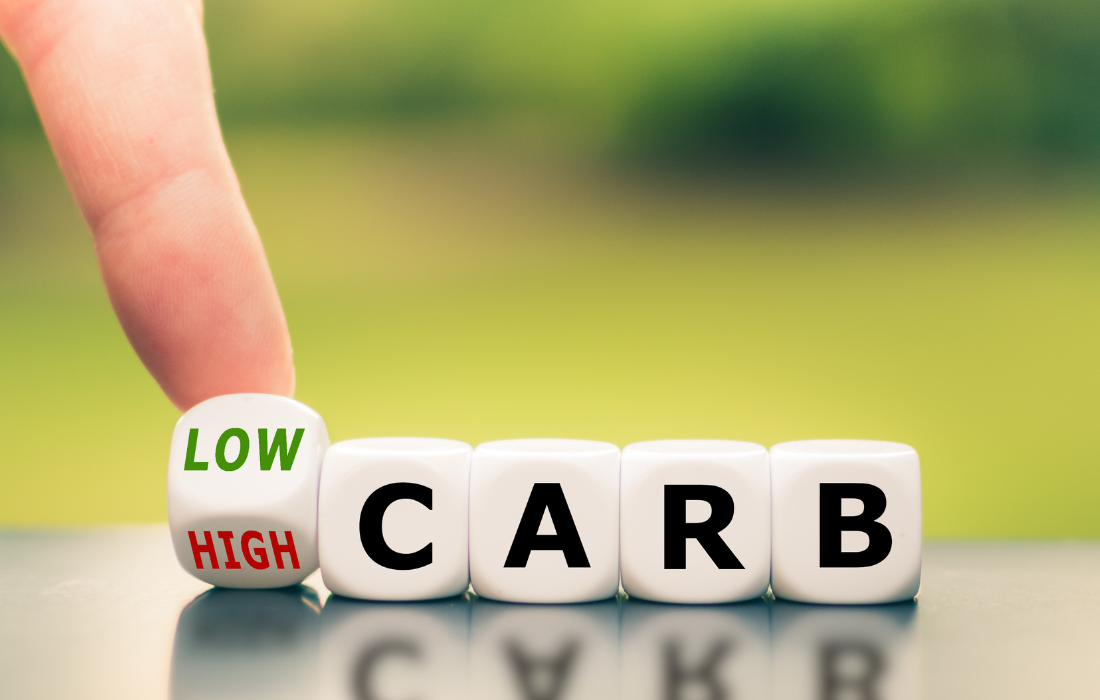

July 21, 2023 | Categories: Health, Weight Loss & Nutrition
Like a polarizing pop star, carbs are loved or shunned in equal measure, and are a source of constant gossip and scrutiny. But carbs are woefully misunderstood—especially regarding their relationship with diabetes.
Carbs are your body’s primary source of energy. As your body digests them, carbs are turned into glucose (a.k.a. blood sugar), which is then released into the bloodstream to help you feel energized. While carbs are often associated with wheat-based products—dinner rolls, pizza crust, spaghetti—they are actually found in a wide variety of foods. Yes, they are in whole grains, but they’re also in fruit, starchy vegetables, dairy products, and veggie-based proteins like beans, peas, and lentils.
Eating carbohydrates can have a significant impact on your blood sugar—especially if you have diabetes. Since your body can’t properly harness the hormone insulin to convert carbs into energy, Goscilo says, “the carbs get converted into glucose that’s then left floating around in the bloodstream, which can cause blood sugar to spike.” The fiber in complex carbs, however, puts the process into slo-mo—gradually releasing sugars into the bloodstream. Not so for simple carbs; without a sensible sidekick like fiber, they burst into the bloodstream and boost blood sugar levels.
Ultra-low carbohydrate approaches—including ketogenic diets—have been touted by (no surprise) ultra-low carbohydrate enthusiasts as beneficial for people living with diabetes. But research suggests that there is no significant advantage to these approaches when compared to eating plans that don’t restrict carbohydrates. In fact, the American Diabetes Association recommends people living with diabetes have fiber-rich carbohydrates every day. One reason why: You’re less likely to stick with an eating plan that prohibits a whole food group, says Goscilo. It’s just not sustainable.
You can have carbs if you’re living with diabetes. Read more at WeightWatchers.
Leave a Reply